PM backs net-zero, energy shift in call to Kerry
Scott Morrison told John Kerry Australia will reach net-zero emissions ‘as soon as possible’, but argued for a focus on climate achievements ‘not just future ambition’.
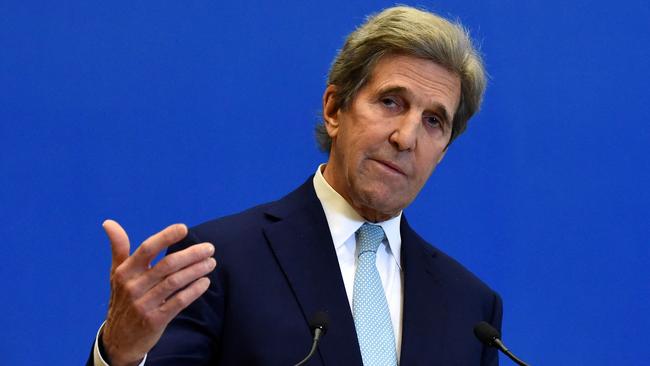
Scott Morrison has told US President Joe Biden’s special climate envoy, John Kerry, that Australia will reach net-zero emissions “as soon as possible, and preferably by 2050”, but argued the climate debate must focus on achievements “not just future ambition”.
A readout of the call by the Prime Minister’s office said Mr Morrison and Mr Kerry discussed ways Australia and the US would work together on technological advances to “address the climate challenge and the transition to a new energy economy”.
The nations will collaborate on research, innovation and clean technology through a new bilateral working group.
“The PM reiterated his commitment to reaching net zero emissions as soon as possible, and preferably by 2050 and the work that needed to be done together to achieve such a goal
while protecting jobs and livelihoods, especially in regional areas, that rely on energy intensive industries,” his office said.
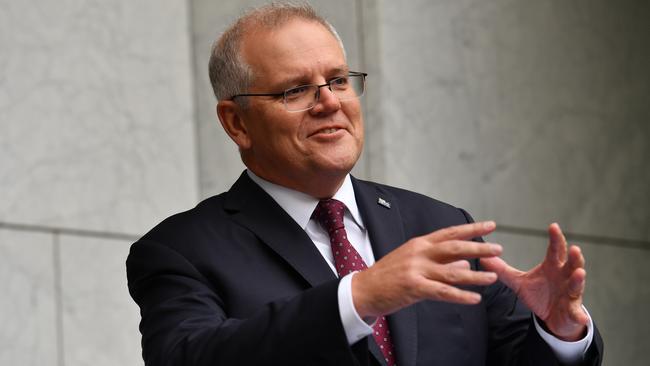
“They discussed the critical role that technology, such as hydrogen breakthroughs, had to play in reducing global emissions, particularly in developing countries.
“They agreed that there was increasing momentum in business and finance in driving economic opportunities from the transition to the new energy economy and that Australia is keen to be a part of.”
Mr Morrison emphasised Australia’s strong record of “meeting and beating our emissions reduction targets”, noting Australia had reduced carbon emissions by 19 per cent since 2005, “far exceeding the OECD average”.
“He added that the climate discussion must importantly focus on what nations are achieving in emissions reductions to date, not just future ambition,” the Prime Minister’s office said.
On Wednesday night, Energy Minister Angus Taylor told an international energy conference that lowering emissions while growing economies was “one of the defining challenges of our time”.
Mr Taylor and Mr Kerry were among 50 global ministers to speak at the Berlin Energy Transition Dialogue.
Mr Taylor said the world should look at the development of COVID-19 vaccines as an example of how governments could work together to create low-emissions technologies.
“The race to develop effective vaccines against the coronavirus shows what can be achieved when the world works together towards a common goal,” Mr Taylor said.
“We need to bring that same laser-like focus and collaborative effort to accelerating the development of practical technology pathways.
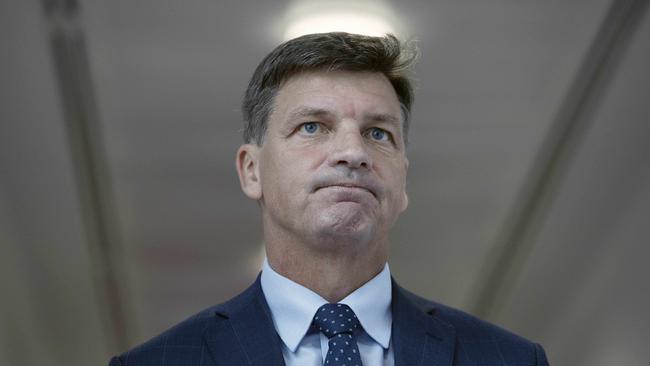
“Australia is already collaborating with our trading and strategic partners, including Germany, Japan, Korea, Singapore, the UK and the US.
“This year, ahead of COP26, we want to ramp up that collaboration.”
Mr Taylor said the government was aiming to drive $50bn of private funding to green-energy initiatives through its technology investment road map.
He said a key plank of the government’s strategy was to produce hydrogen below $2 per kilogram, claiming it would make the fuel-source “economically competitive with natural gas”.
“Australia is a trusted energy supplier to many of the countries in our region,” Mr Taylor said.
“And if we can realise our hydrogen ambition, we will be well placed to continue supplying our partners with cheap, clean energy; to support clean growth and their efforts to decarbonise.
“Getting low emissions technologies to parity means countries won’t have to choose between growth and decarbonisation.”

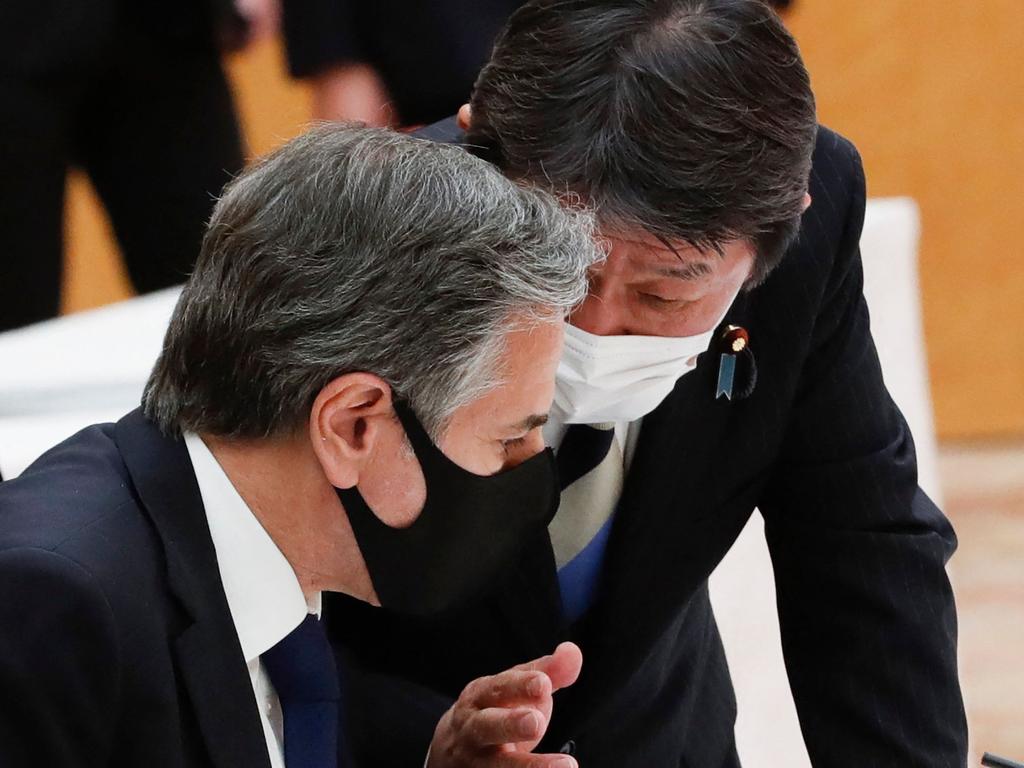
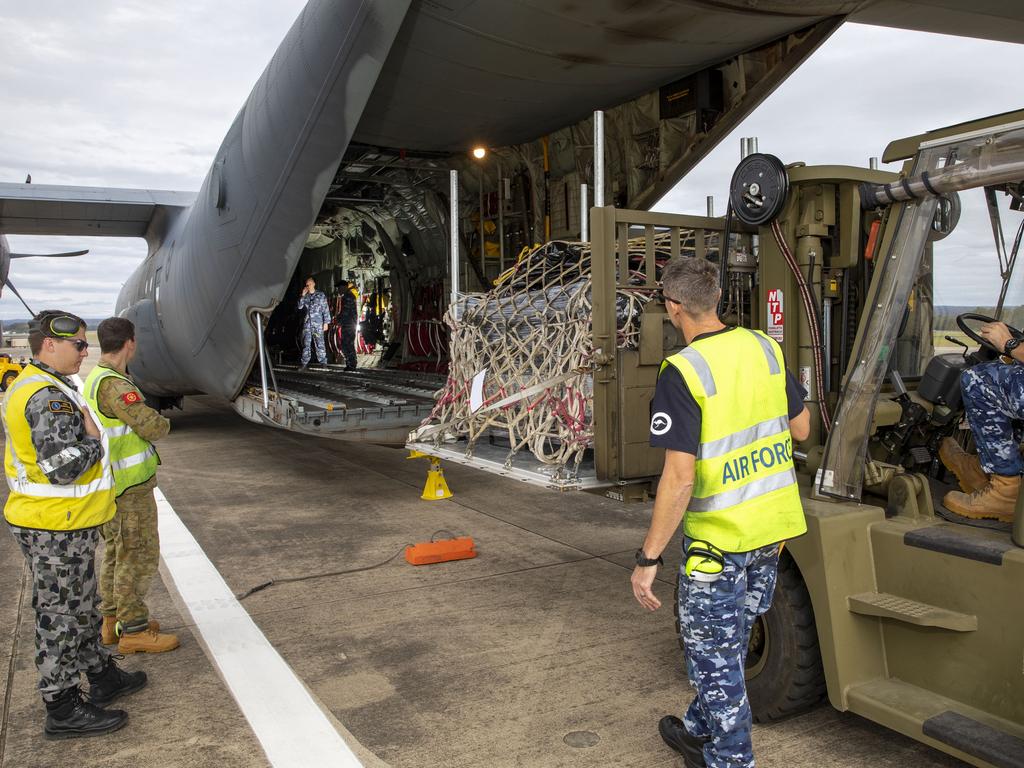
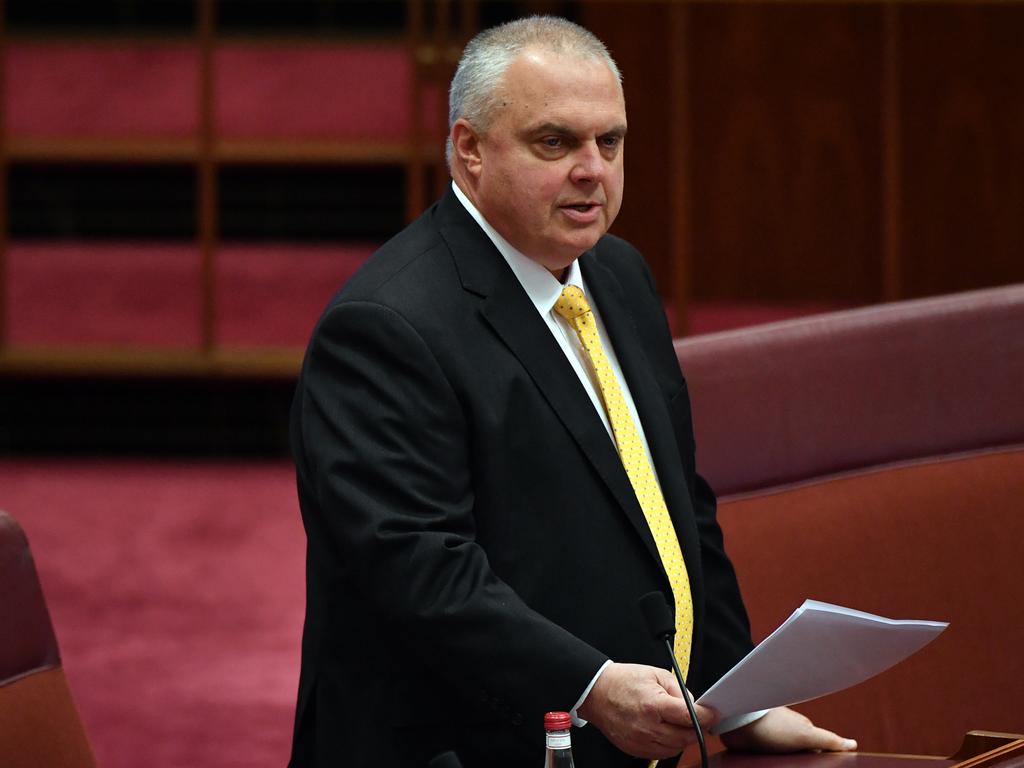
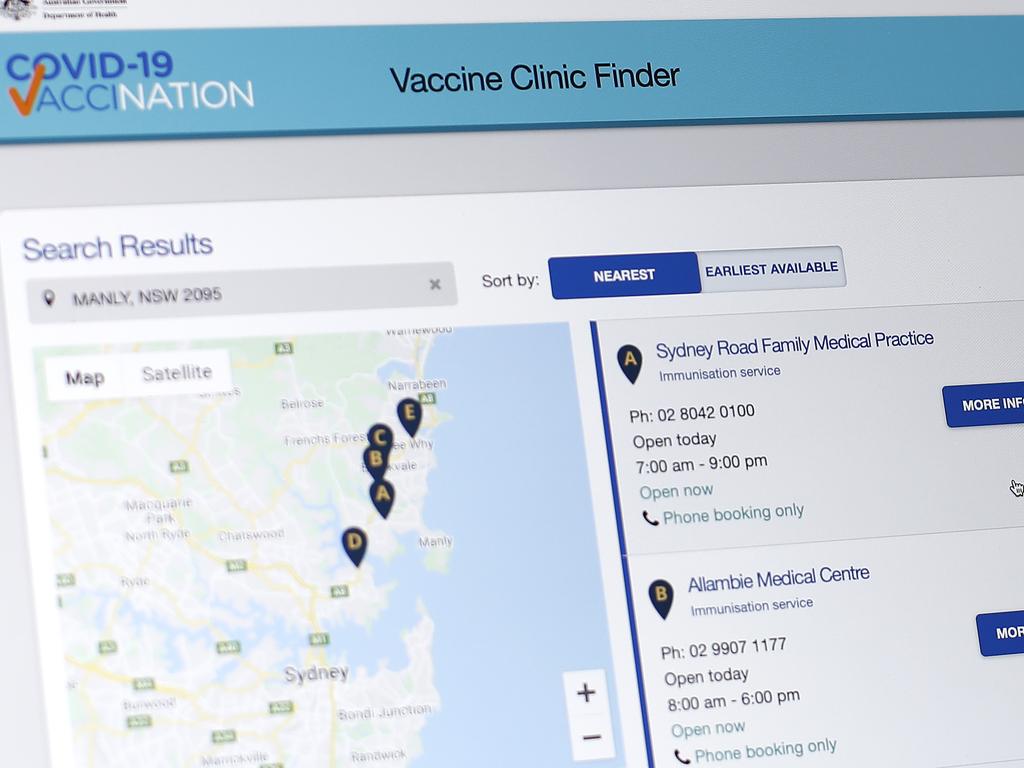


To join the conversation, please log in. Don't have an account? Register
Join the conversation, you are commenting as Logout